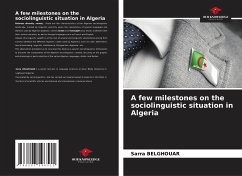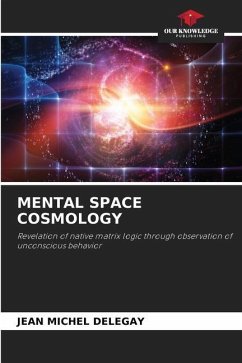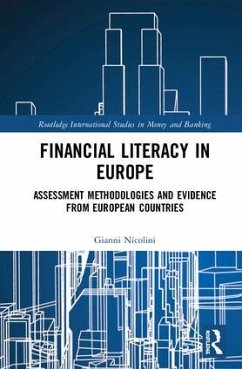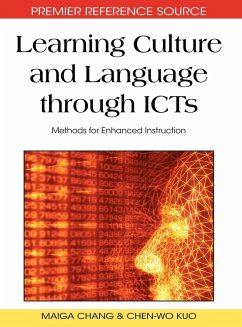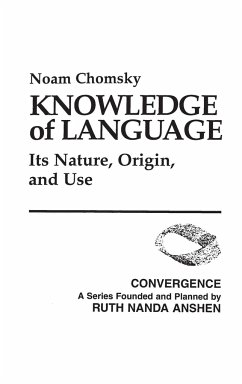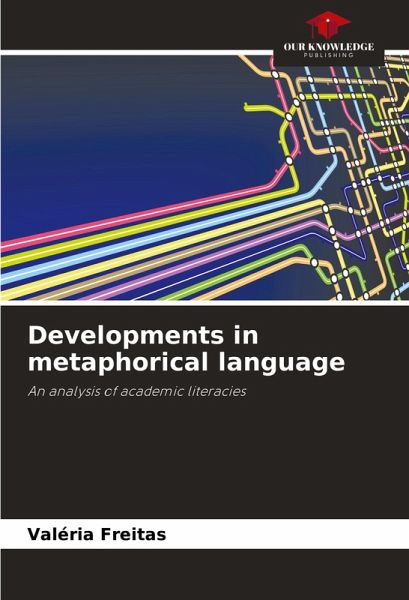
Developments in metaphorical language
An analysis of academic literacies
Versandkostenfrei!
Versandfertig in 6-10 Tagen
24,99 €
inkl. MwSt.

PAYBACK Punkte
12 °P sammeln!
Metaphors were long considered undesirable in scientific discourse, but today there are studies that explore metaphor as an inherently human resource. It is through this lens that this book, as well as pointing to the importance of metaphor in scientific discourse, explores how technological innovations are shaping the cognitive mechanisms of reading and writing and how they are reflecting on literacy processes. The book provides a means of understanding the production and reception of scientific articles in the academic sphere, especially from the point of view of metaphorical reasoning. The ...
Metaphors were long considered undesirable in scientific discourse, but today there are studies that explore metaphor as an inherently human resource. It is through this lens that this book, as well as pointing to the importance of metaphor in scientific discourse, explores how technological innovations are shaping the cognitive mechanisms of reading and writing and how they are reflecting on literacy processes. The book provides a means of understanding the production and reception of scientific articles in the academic sphere, especially from the point of view of metaphorical reasoning. The book is structured in three chapters, combining theory and practice by analysing scientific articles with themes relating to the digital environment, presenting linguistic mechanisms that illustrate the possible developments of metaphorical language. The book is relevant for students to reflect on the literacy processes constructed at each social event of language use in academia, and also for teachers and researchers in the field, as it encourages practical intervention and instruction.








